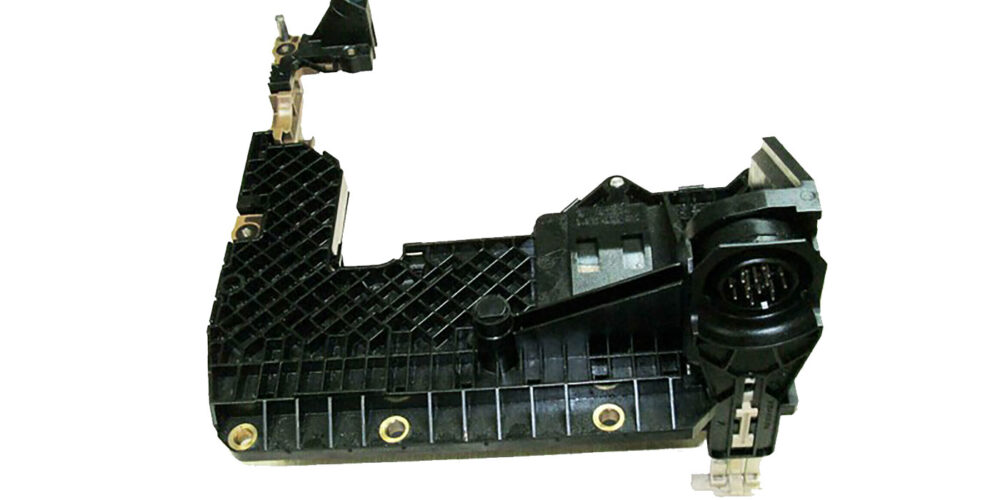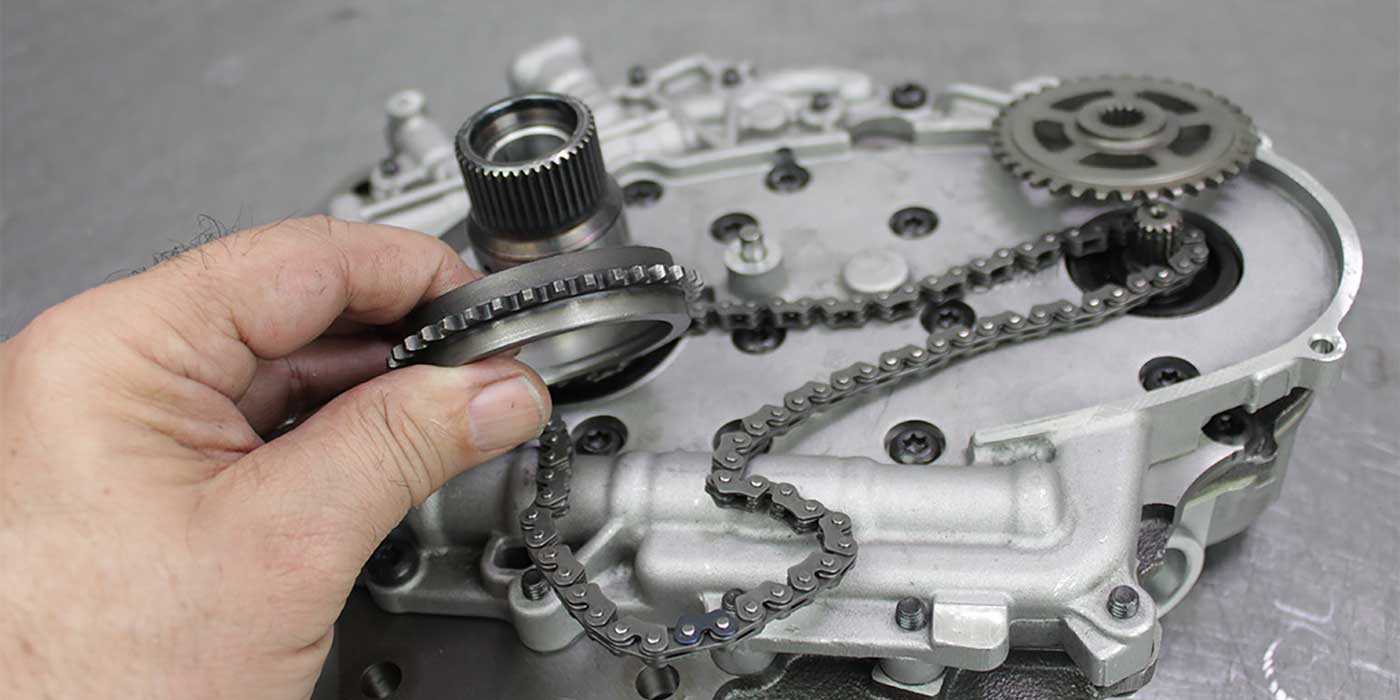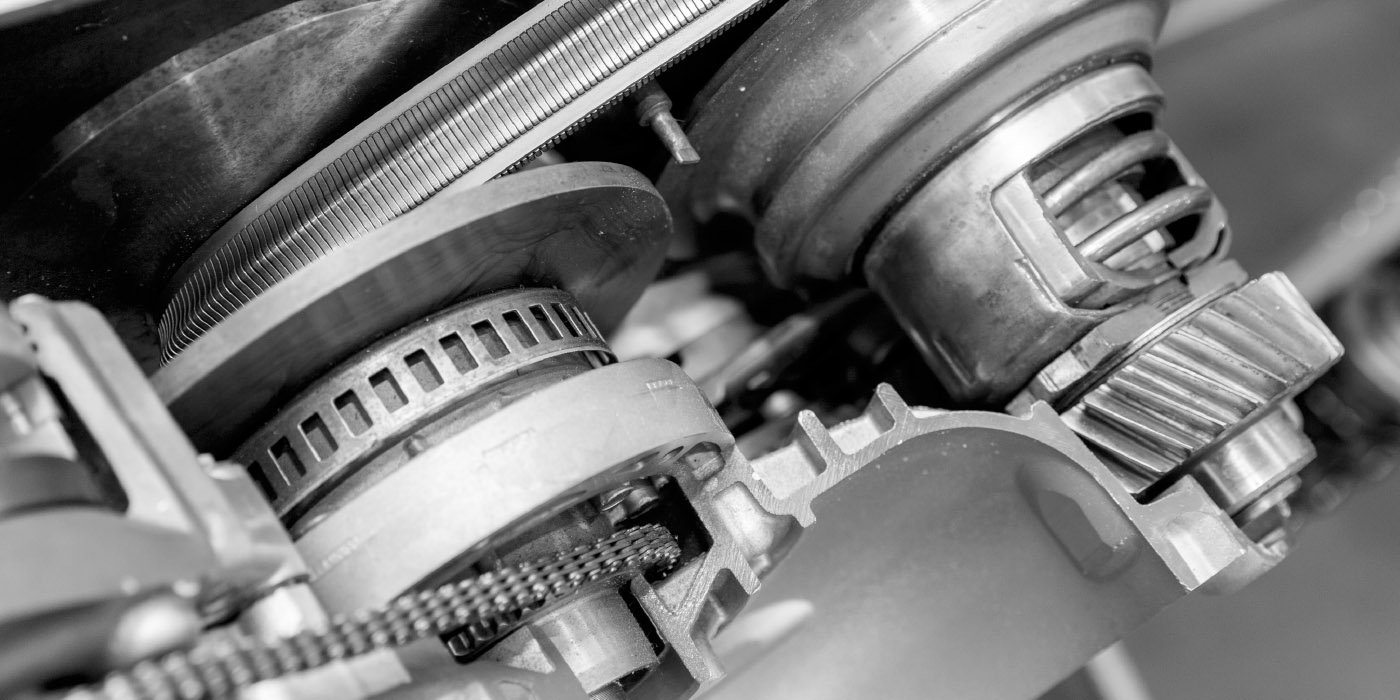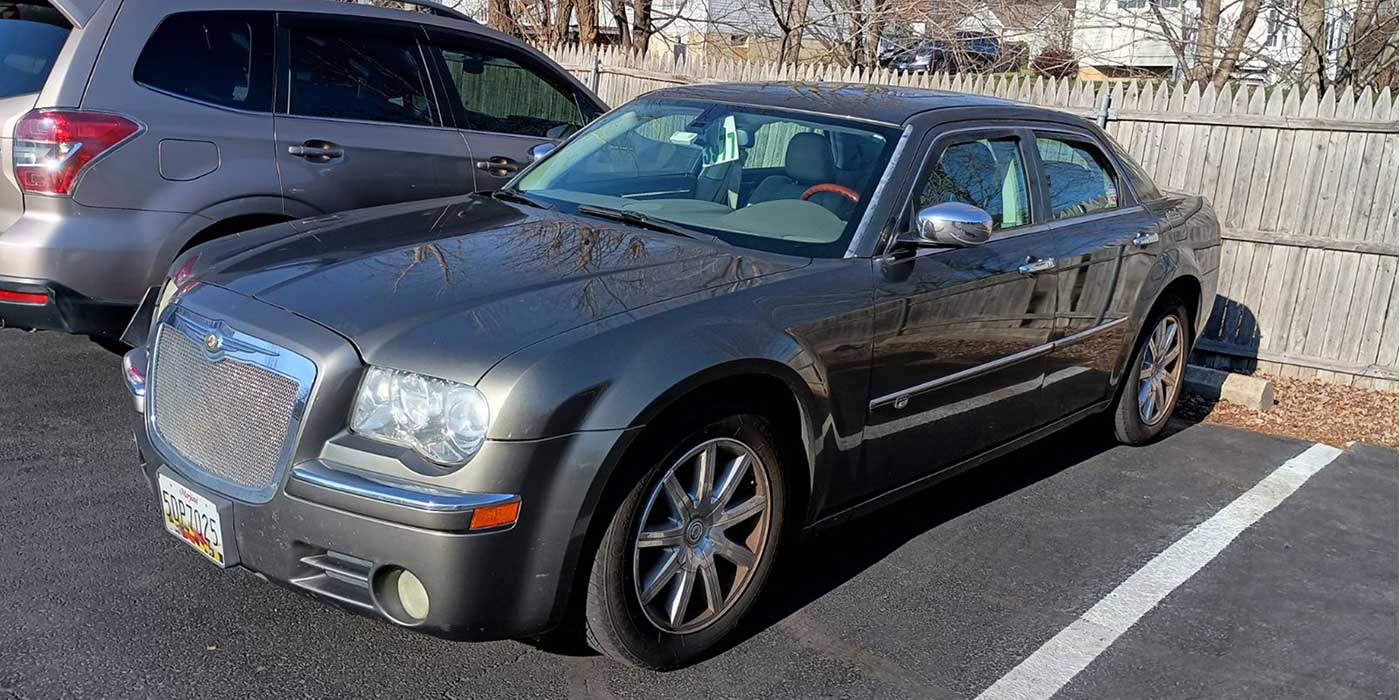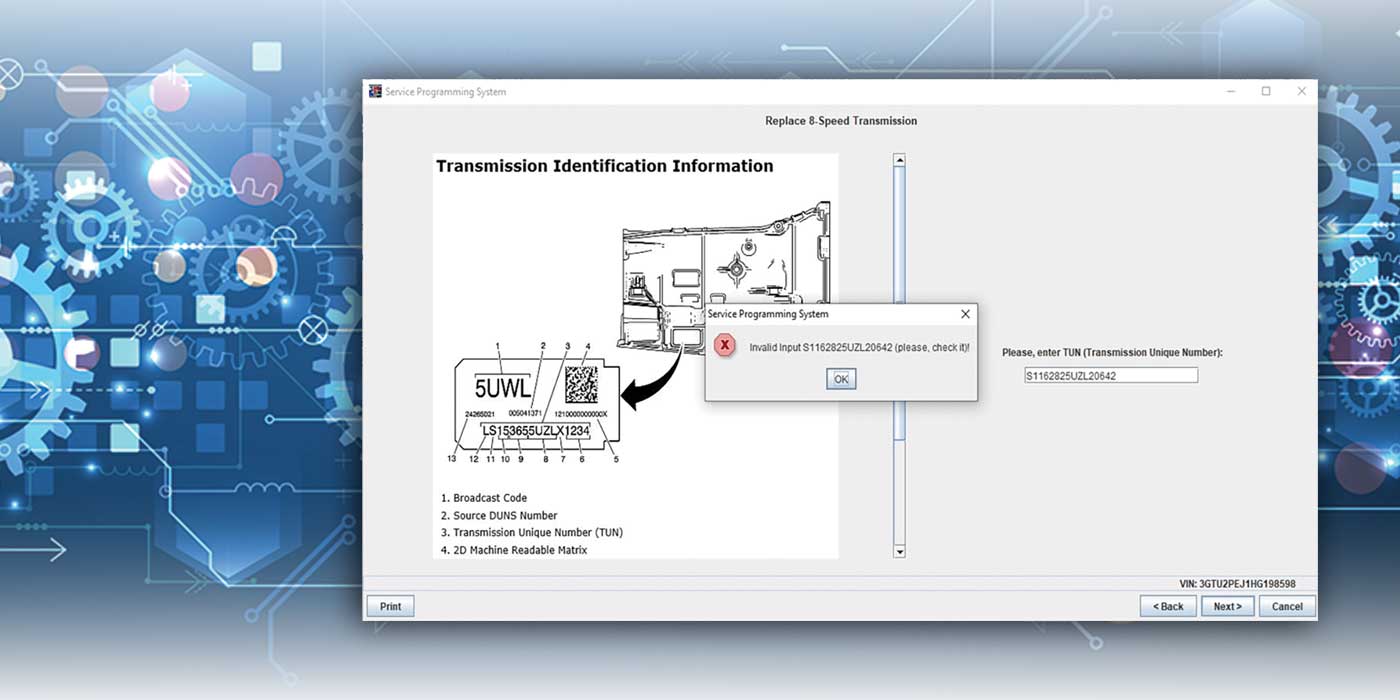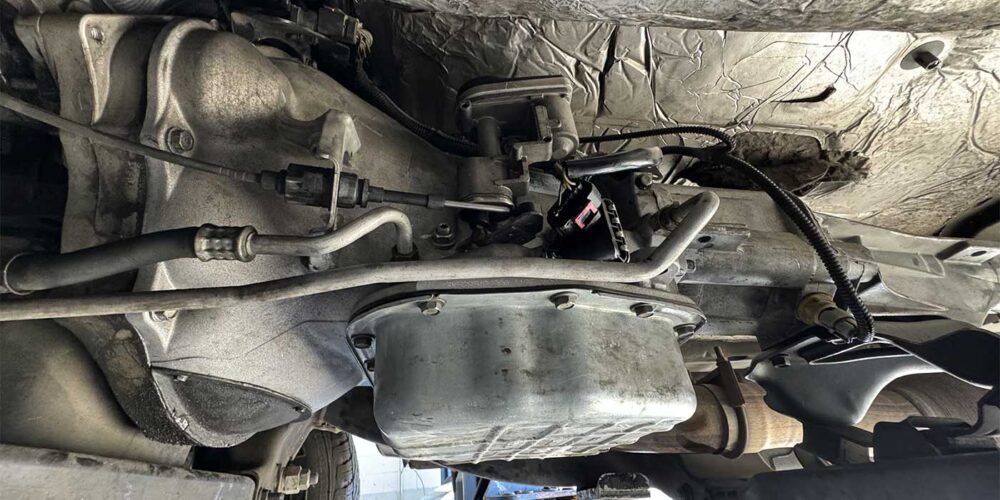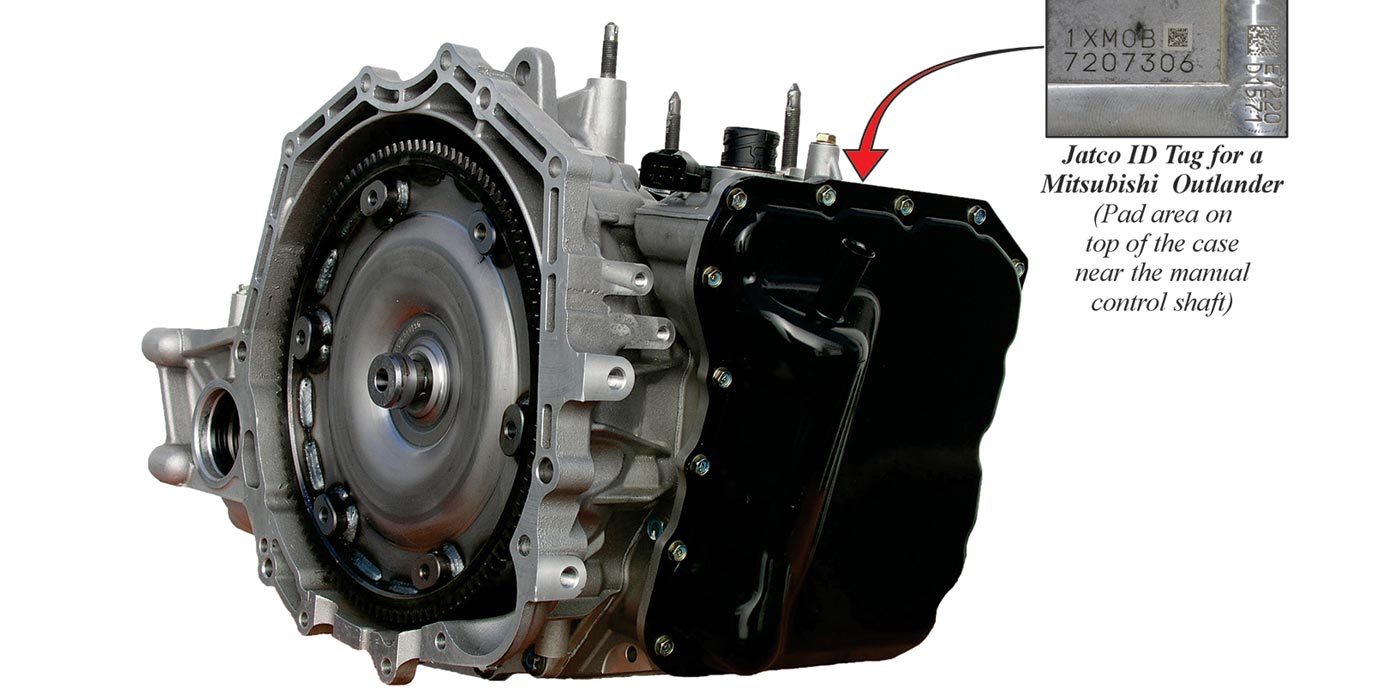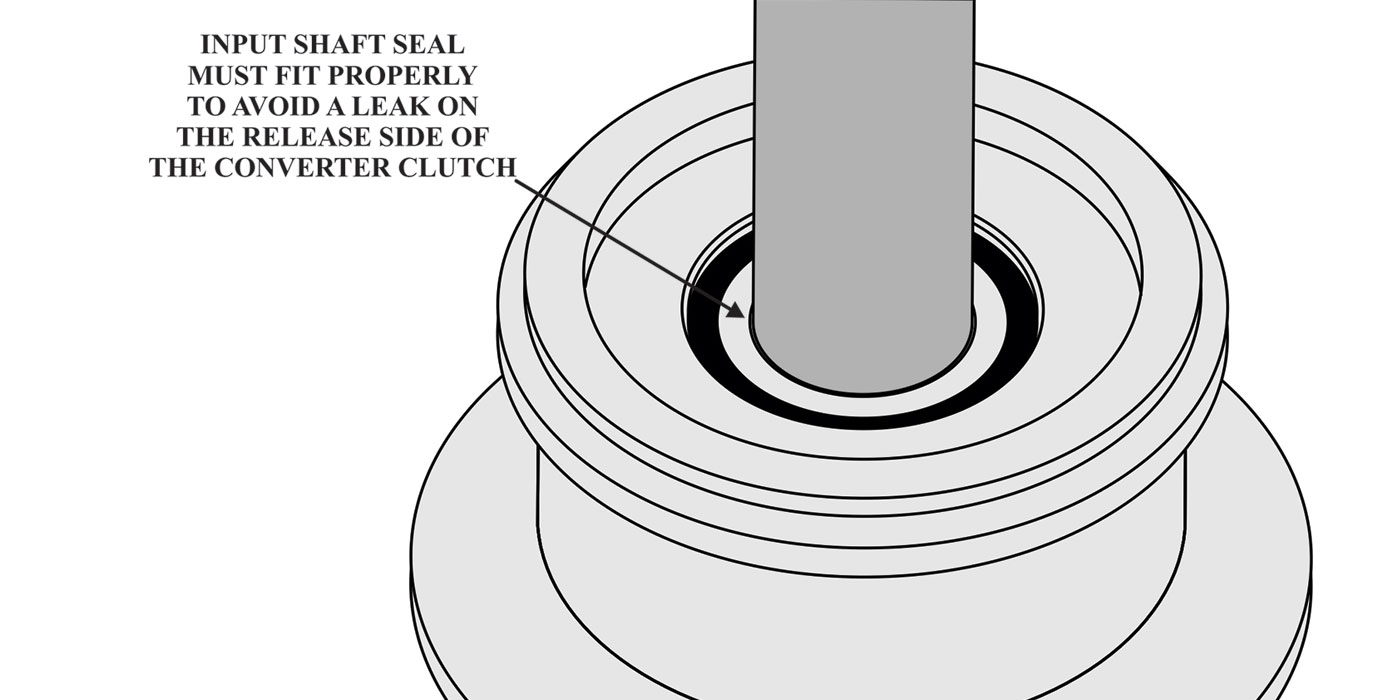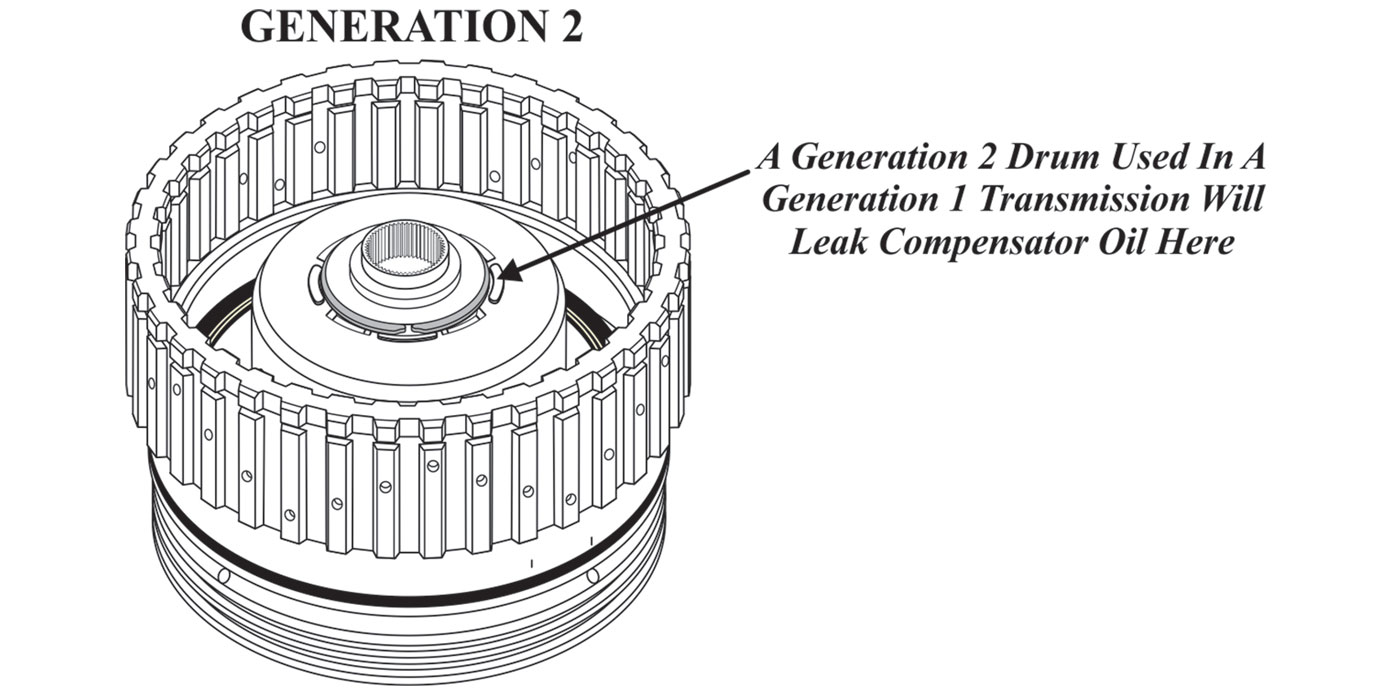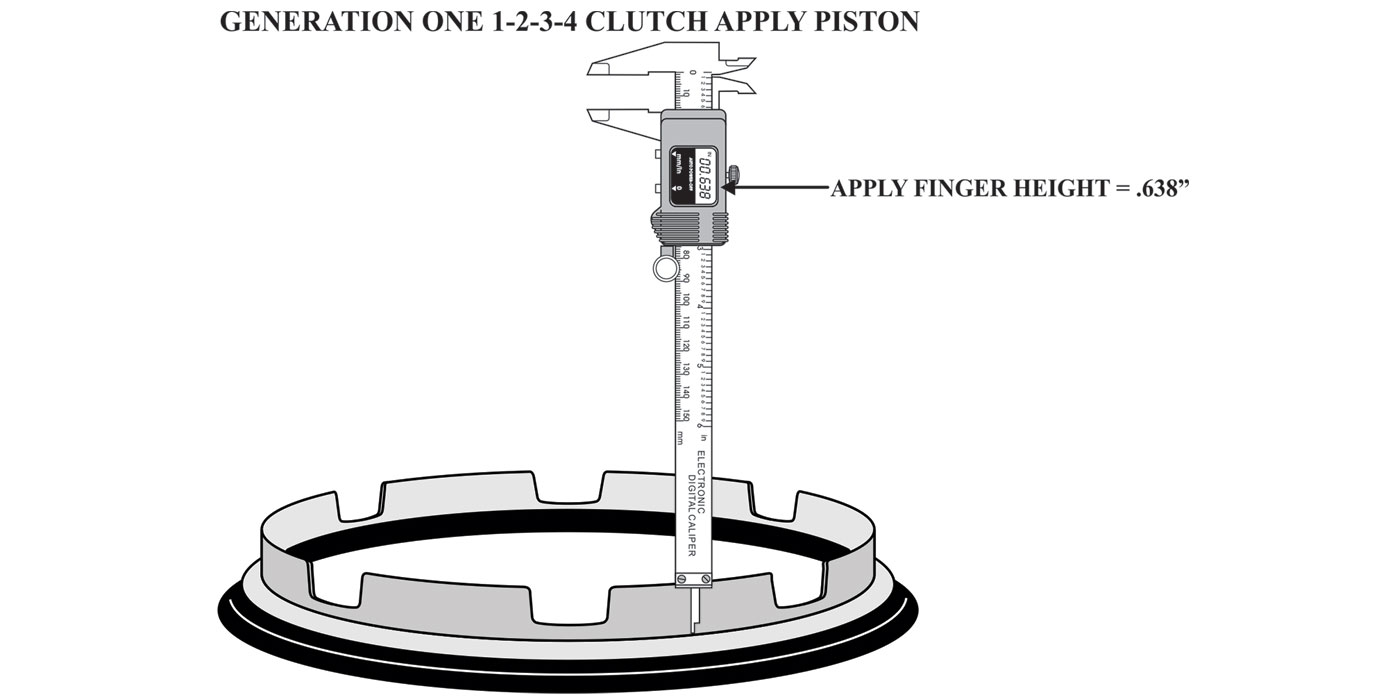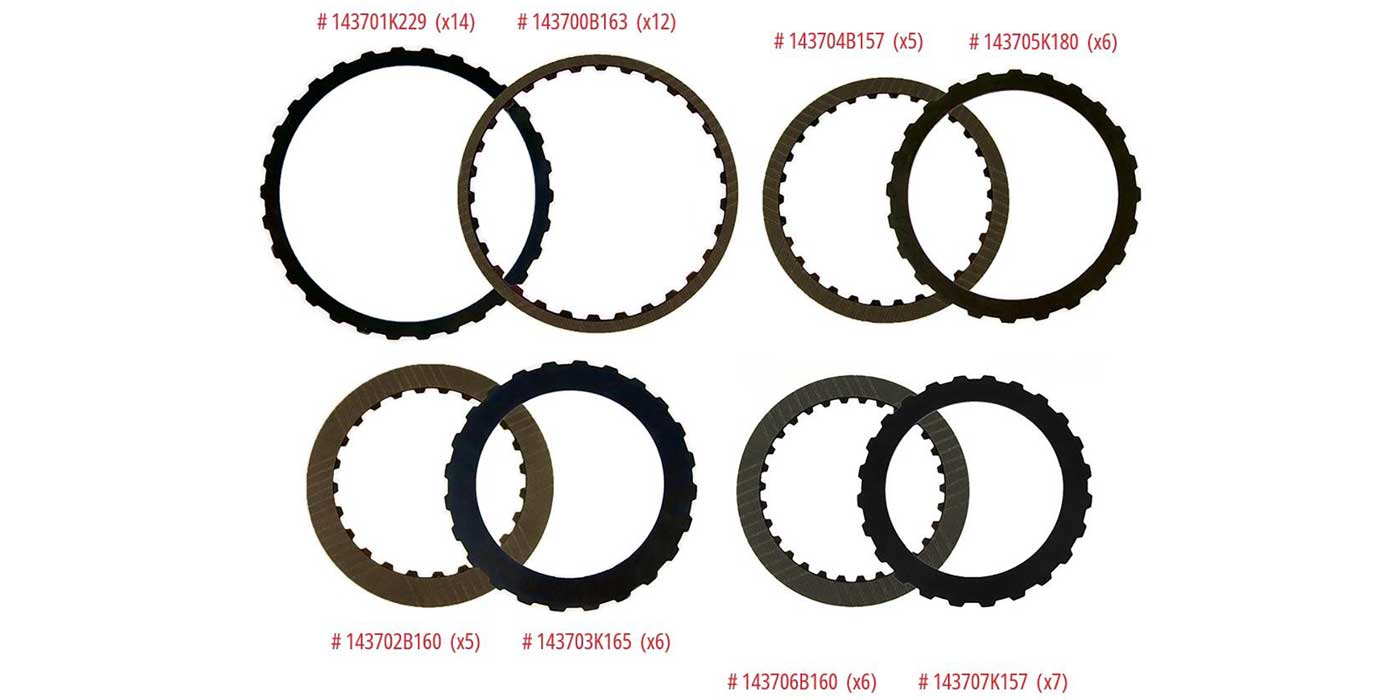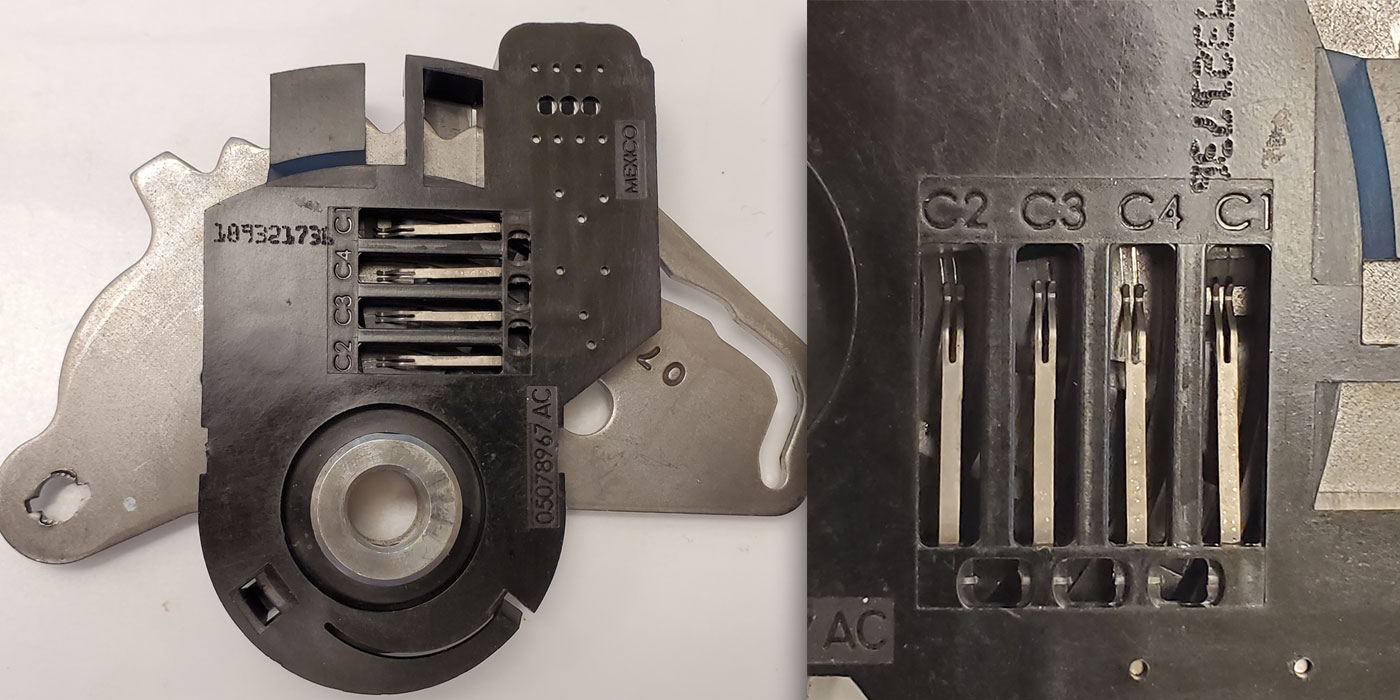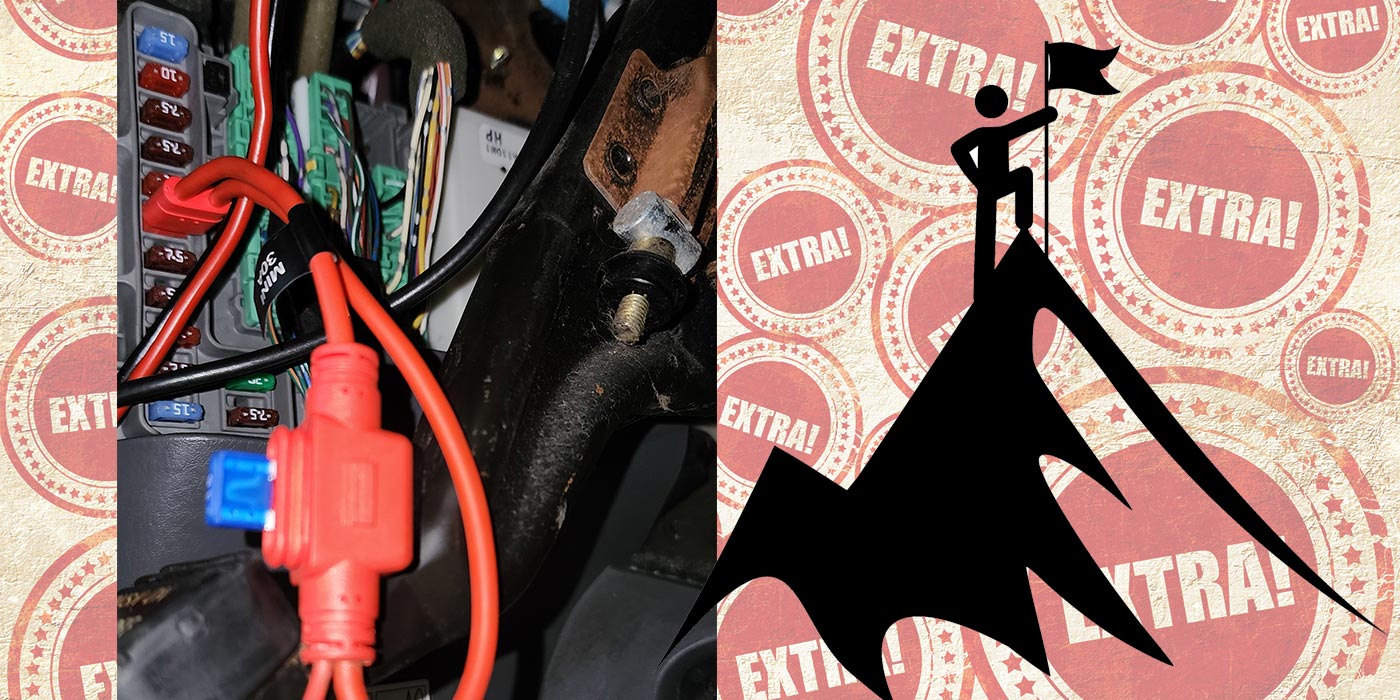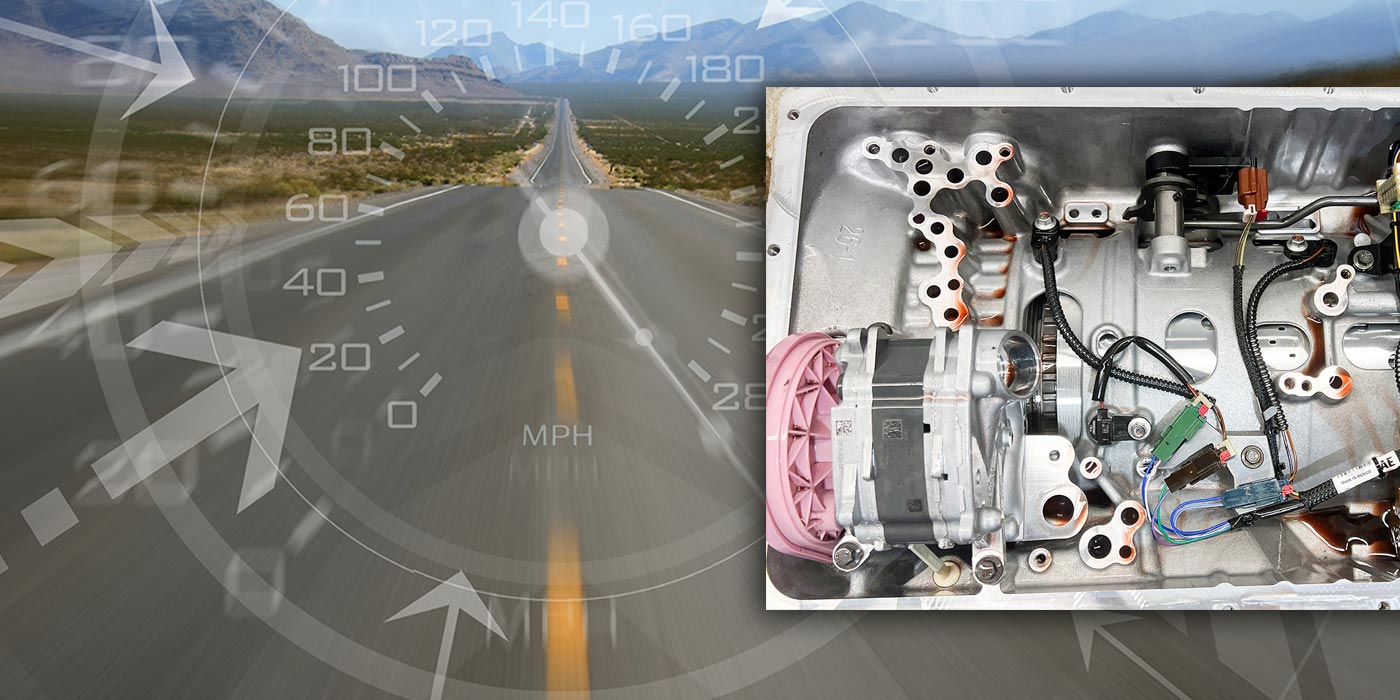The complaint
A 2006 Land Rover LR3 equipped with the ZF6HP26 transmission has a post-overhaul complaint of a no-start condition. Part of the transmission overhaul process included the replacement of the mechatronic unit.
The cause
The mechatronic unit that was purchased from a parts distributor and installed was for a Ford 6R60 transmission (figure 7) which did not contain a Transmission Control Module. The Land Rover requires a mechatronic unit that contains a TCM.
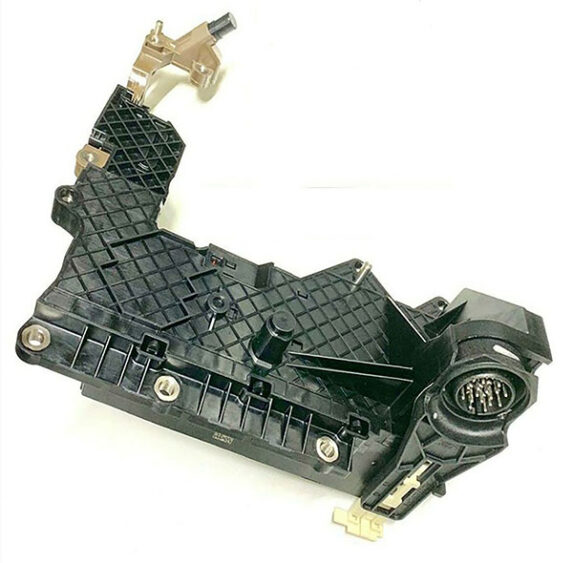
The correction
Once the mechatronic unit with a TCM was installed and programmed (figure 2, at the top of the page), the Land Rover started and performed normally.
Read more articles in our Transmission Tech/Talk series here.

